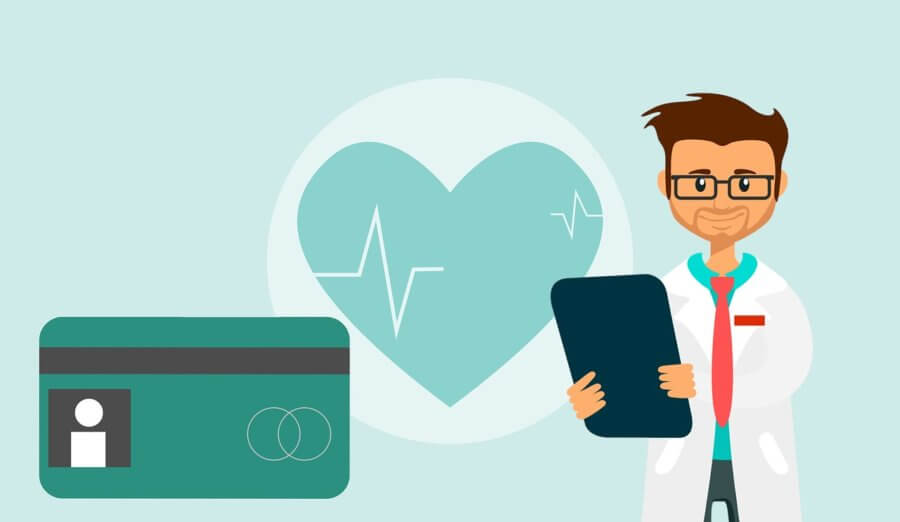Principles for ethics in digital health
Stanford together with other over 30 participants have released the guiding principles on ethics in digital health for protection of consumers’ personal data.
A few days ago, Stanford Libraries together with more than 30 partners, comprising Proteus Digital Health, revealed Guiding Principles on Ethics in Digital Health which resulted from a multi-day seminar that was successful in bringing together the leaders from industry, academic, and non-profit arenas so as to address the rising concerns about management and usage of personal health data by various digital health organizations.
The document is intended to state 10 principles for digital health bodies to make sure that they make the ethical use of their products and services and the information they gather and generate. These principles are aiming to help digital health organizations handle potential clashes between individuals’ needing their privacy and society’s need to protect the health of the public.
Michael A. Keller, Stanford’s university librarian, said that libraries have always believed and functioned as steadfast supporters of protection of personal data. According to him, the online and offline environments of an academic library are intended to encourage discussions and debates and provided the exponential rate at which the developments are taking place in the digital health industry, Stanford was open to initiate the conversation and share the results of the seminar.
Michael also said that these guiding principles are only a first step towards addressing the ethical questions that are coming up in digital health.
These principles can be seen as a conversation starter. He further shared that his institution wants this first set of ten statements to inspire the conversations in board rooms, community centers, and classrooms around the country and then eventually be redefined and implemented widely.
In today’s healthcare environment, it has become all the more important to protect the personal health data and manage it in a better way and this is without a doubt one of the most vital issues of current times. With the way more and more consumers are using an array of health-related tools and applications, it is essential that health organizations work in a transparent environment where the use of consumers’ personal data is concerned, following the ethical principles that can be understood by everyone.
The 10 Guiding Principles for Ethics in Digital Health that represent the mutual views of over 30 participants are as follows:
- The products of digital health companies should always work in patients’ interests.
- Sharing digital health information should always be to improve a patient’s outcomes and those of others.
- “Do no harm” should apply to the use and sharing of all digital health information.
- Patients should never be forced to use digital health products against their wishes.
- Patients should be able to decide whether their information is shared and to know how a digital health company uses the information to generate revenues.
- Digital health information should be accurate.
- Digital health information should be protected with strong security tools.
- Security violations should be reported promptly along with what is being done to fix them.
- Digital health products should allow patients to be more connected to their caregivers.
- Patients should be actively engaged in the community that is shaping digital health products.
To find more about each of the 10 principles, these are available online for download and wider sharing.
Stanford Libraries have been on the forefront when it comes to the development of digital technologies, tools and information services. The Guiding Principles for Ethics in Digital Health and all impending documentation from the other seminars in the series will ultimately be deposited into the Stanford Digital Repository and they will become part of the university’s discovery environment.
Image credit: www.pixabay.de

















